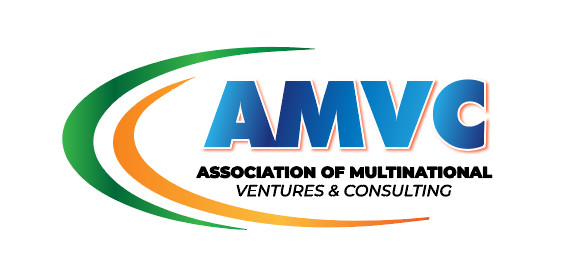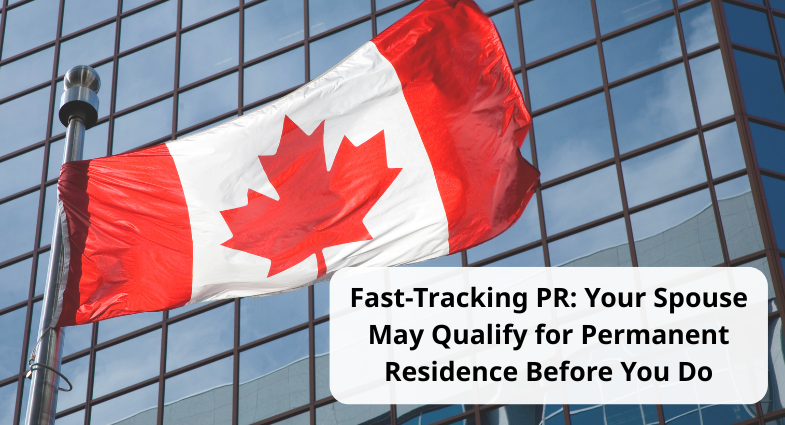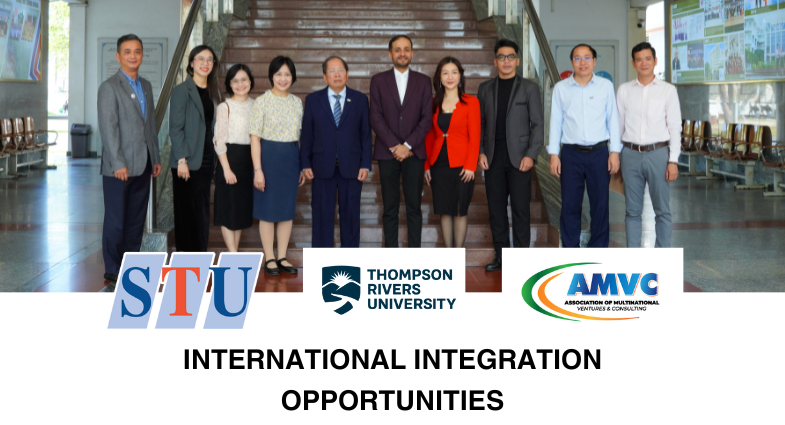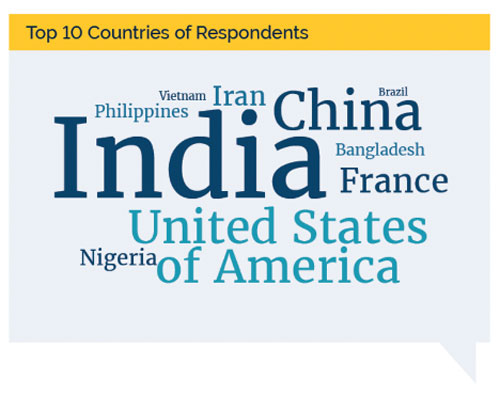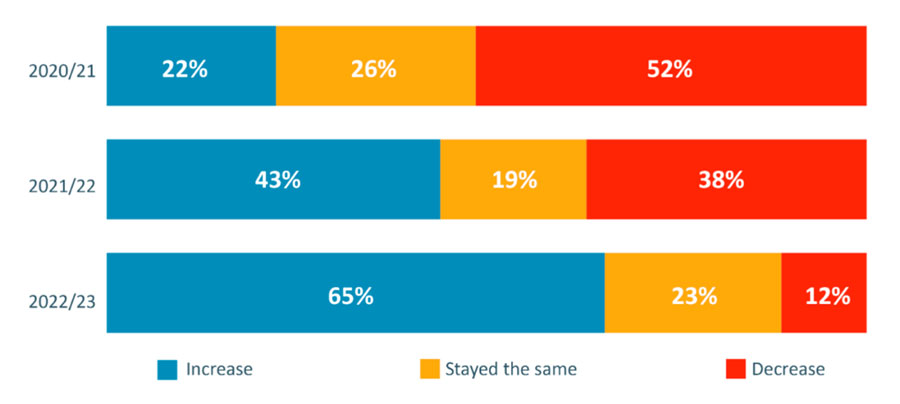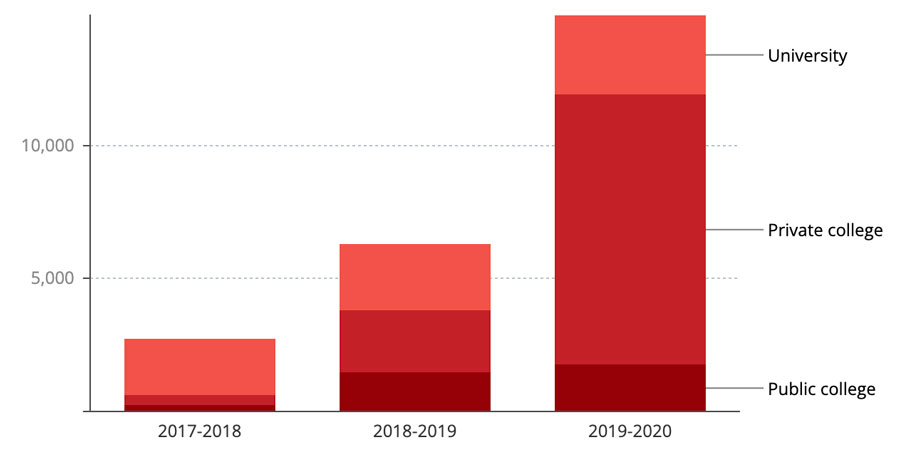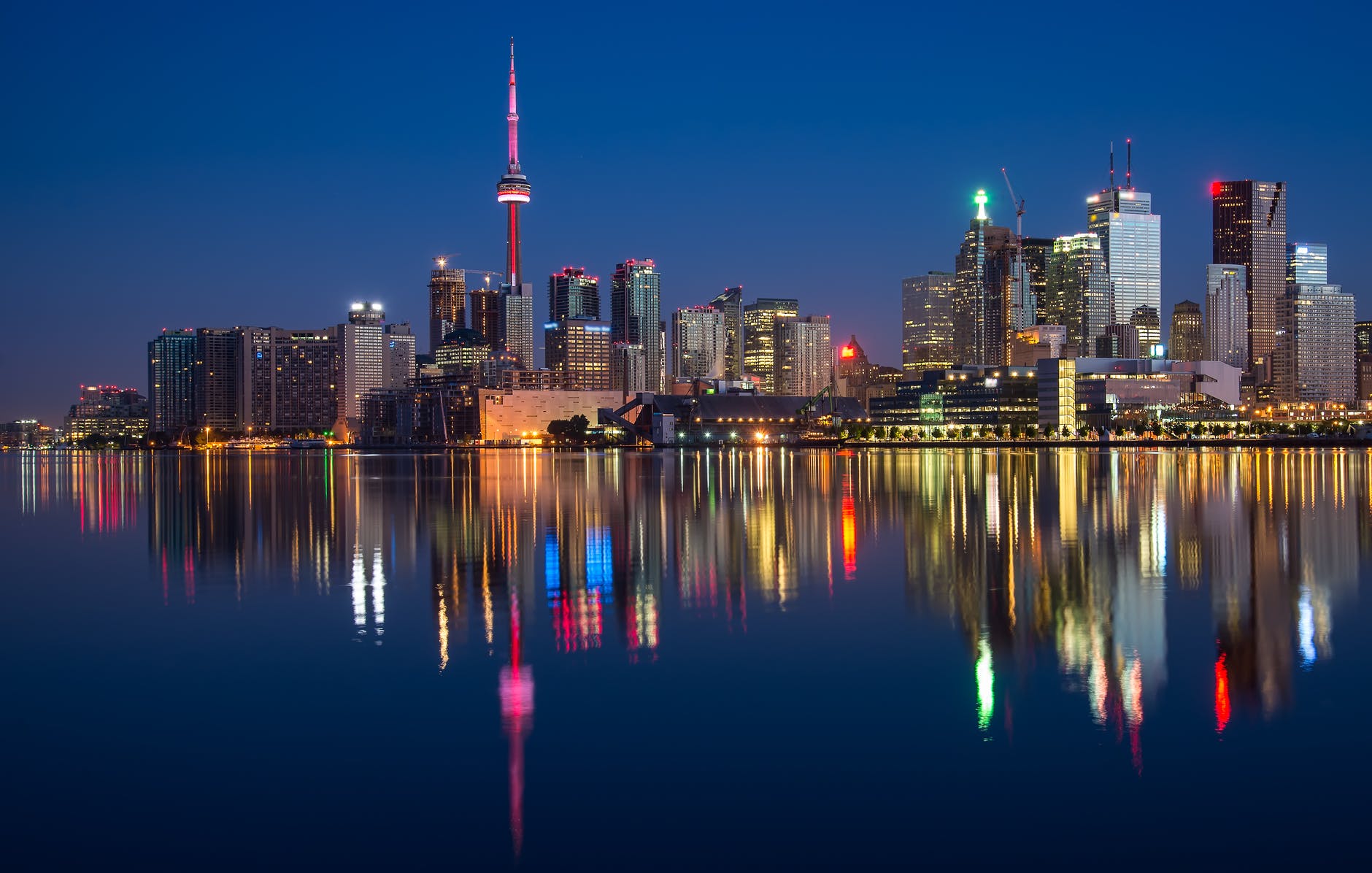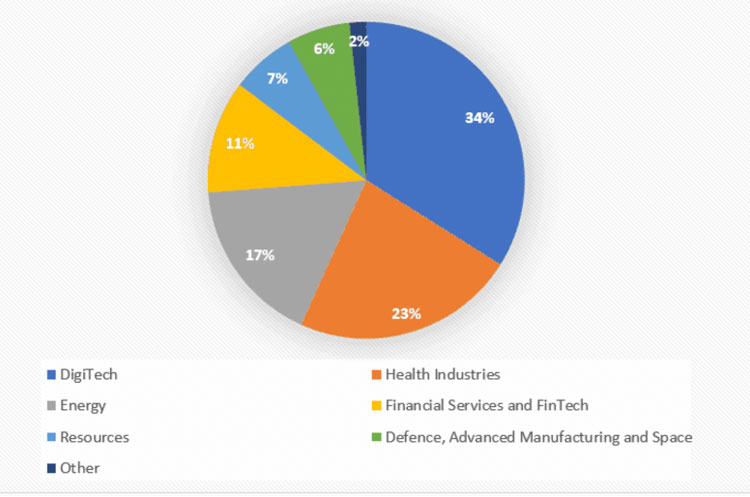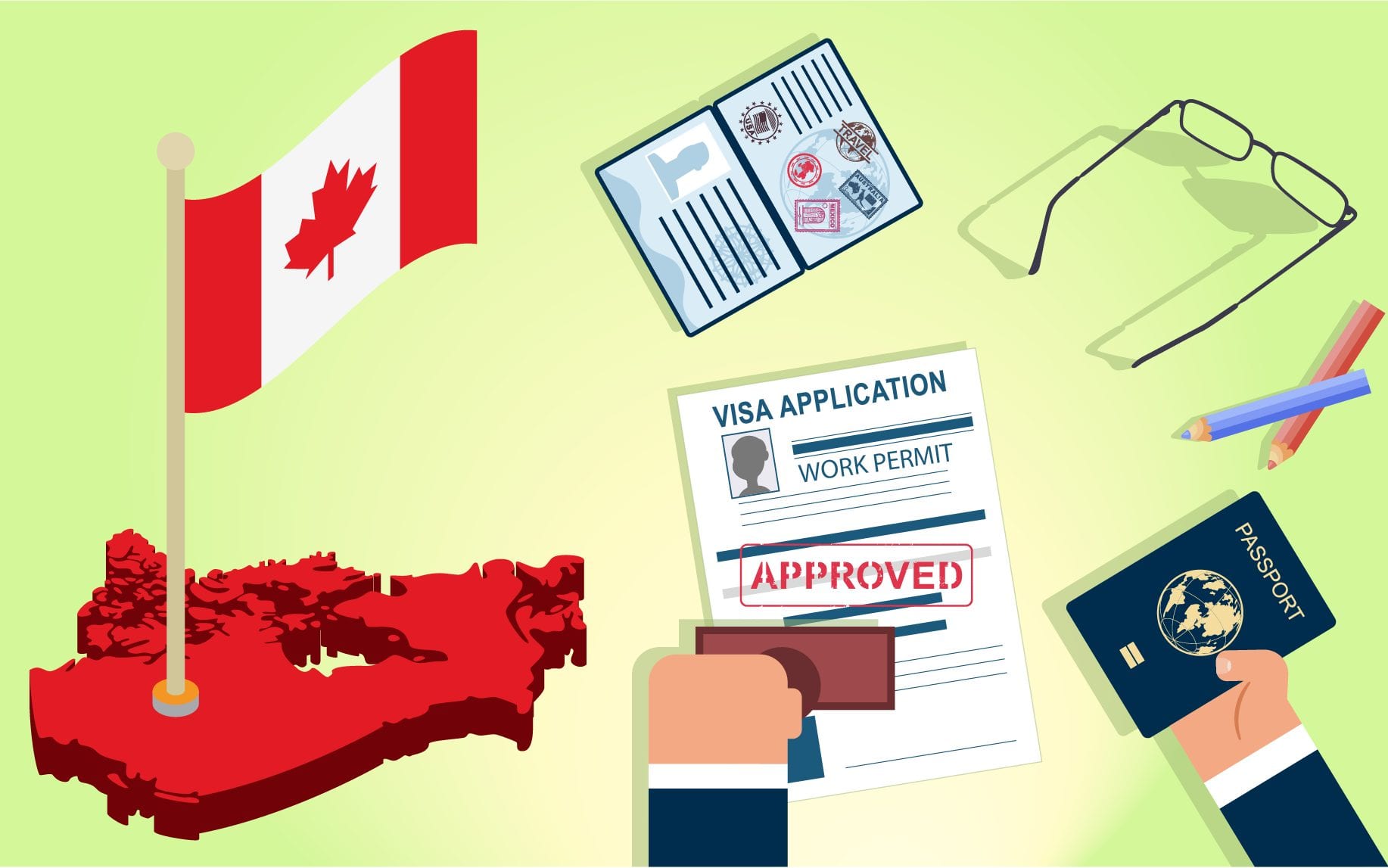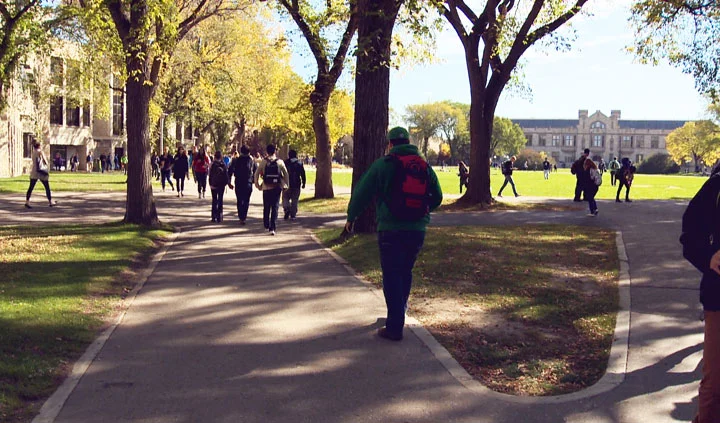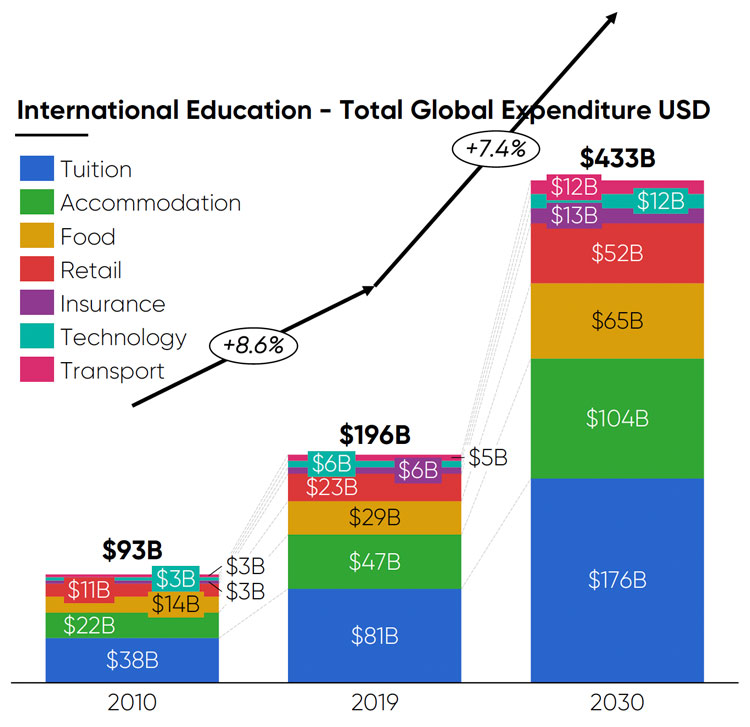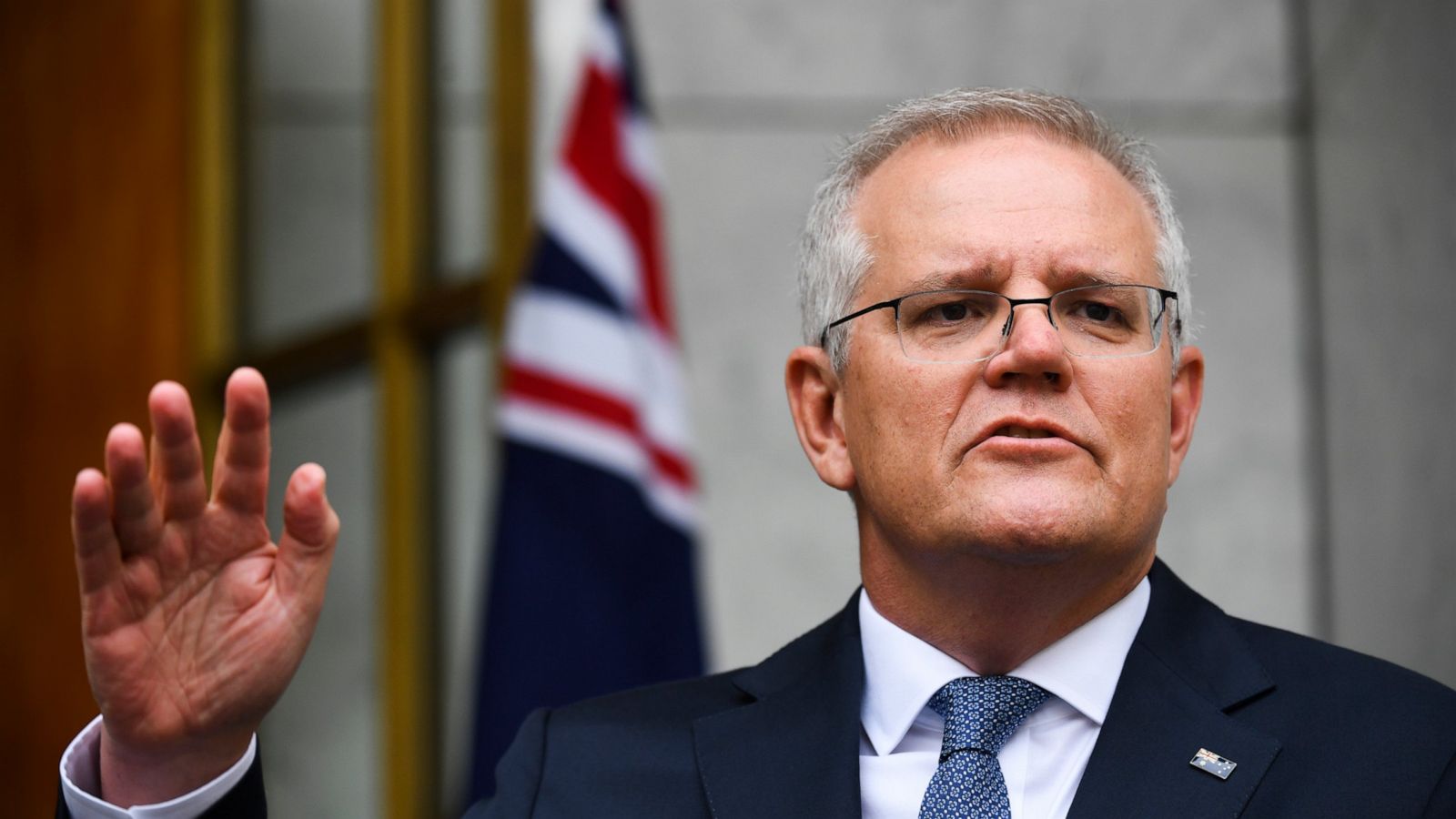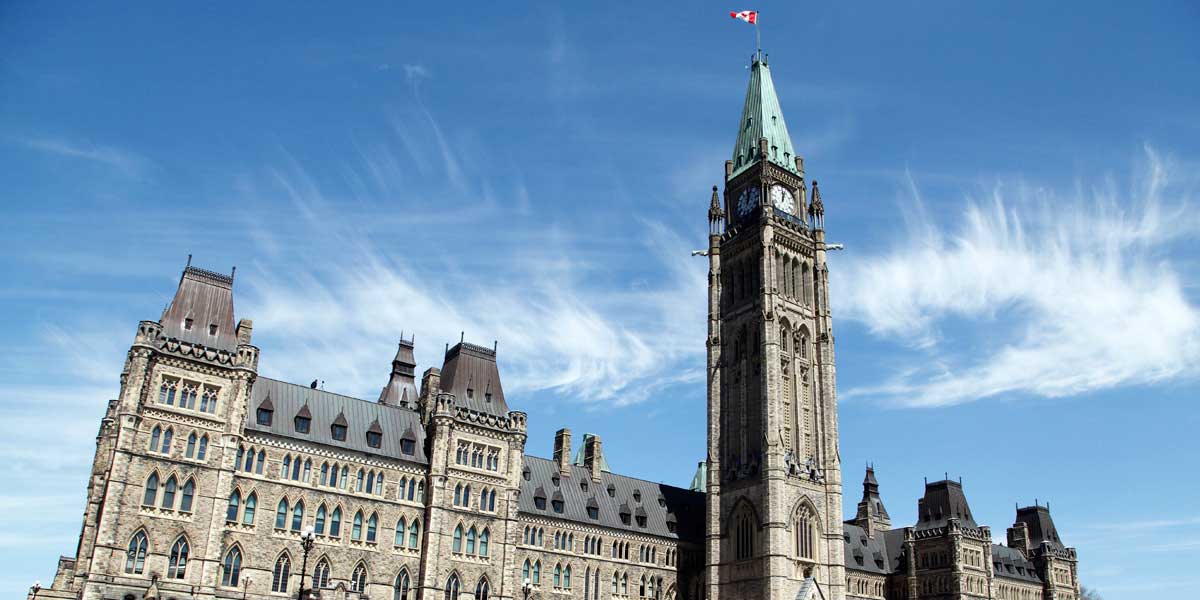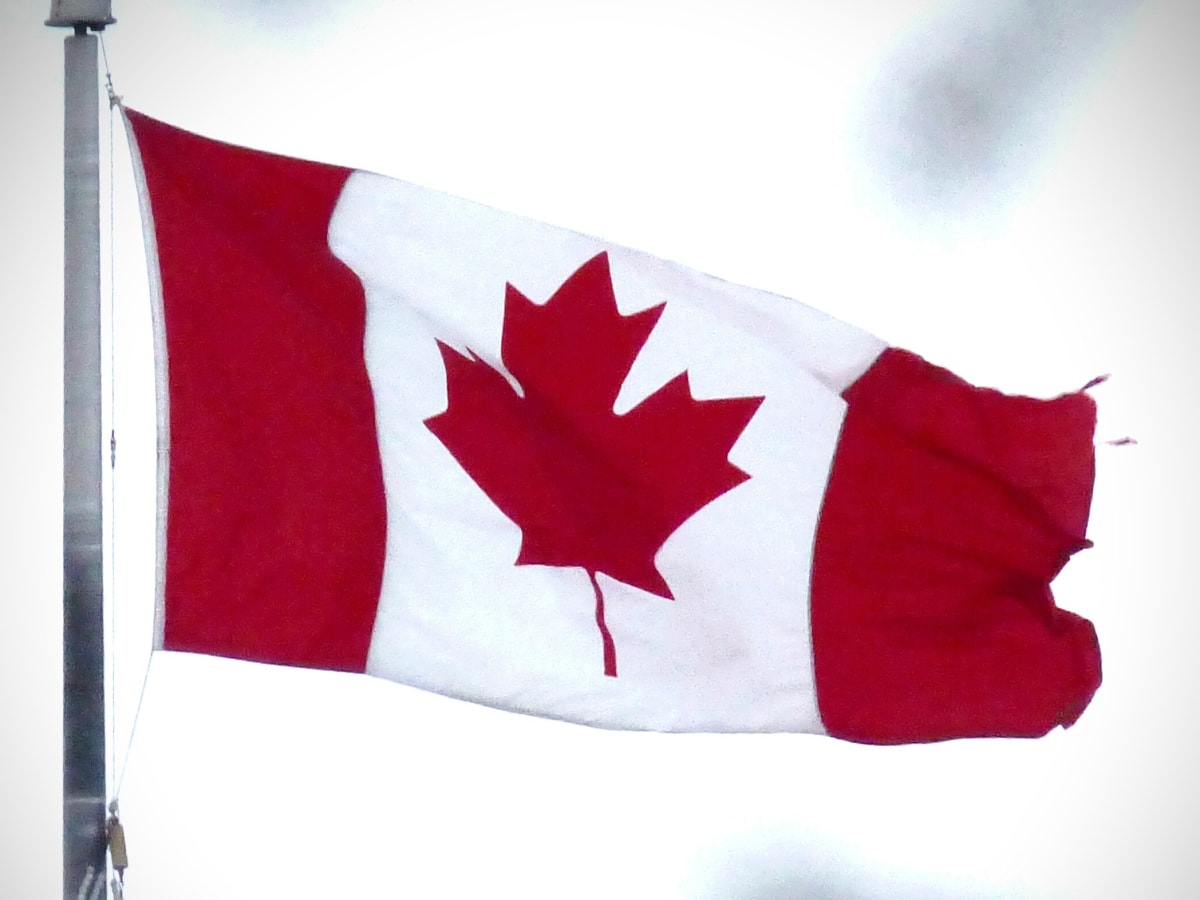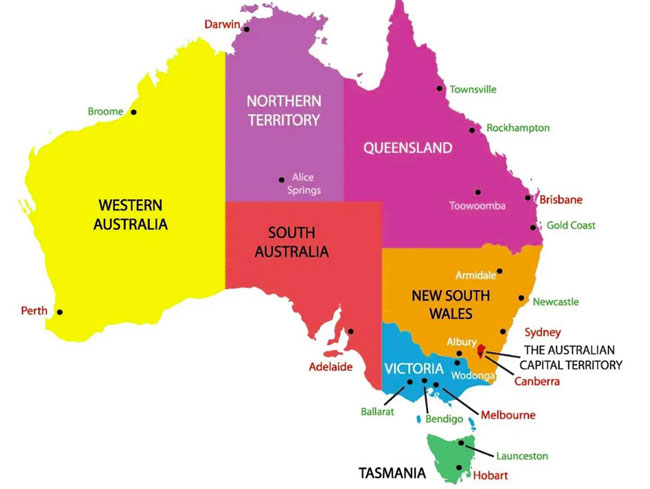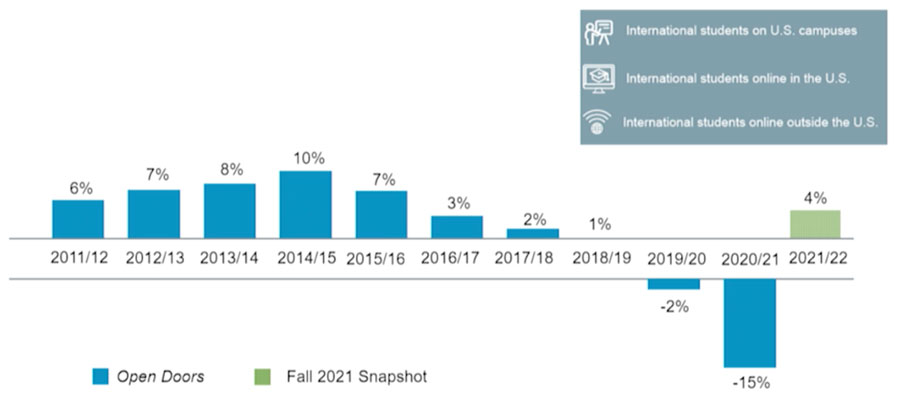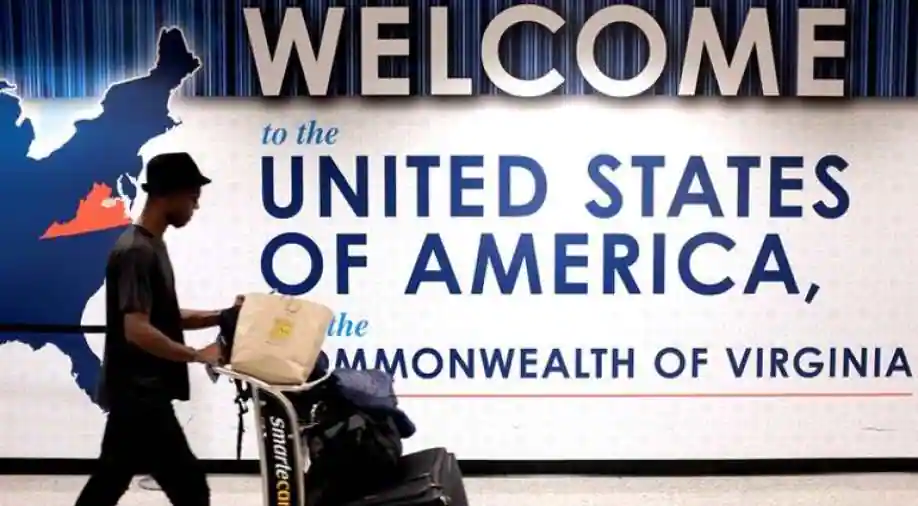The gap between unmet demand for study abroad and large visa processing delays in the countries where students want to study is widening. As a result, agents and students must adjust their plans this year and file visa applications far earlier than usual for study programs in many popular study abroad countries.
The delays are due to a multitude of issues, the most significant of which are pandemic-related backlogs and new visa streams opening up for the humanitarian crisis in Ukraine.
Backlogs like the ones described in this article are noteworthy not just for their immediate effects (frustrated students and families), but also for their long-term impact on student mobility. If overseas students believe their visa will not be processed in a timely manner, they may choose another destination. Some European countries, as we reported in a recent post on Finland, offer speedier visa processing periods and greater visa approval rates than the major English-language destinations. Whether by coincidence or not, Finnish institutions have seen large increases in applications in recent years.
Canada
According to Kareem El-Assal of CIC News, the visa processing backlog in Canada has doubled in the last two years, with 2.1 million applicants awaiting decisions.
Those who have sought for permanent residence, temporary residence, or citizenship are included in this vast total, which includes international students and graduates.
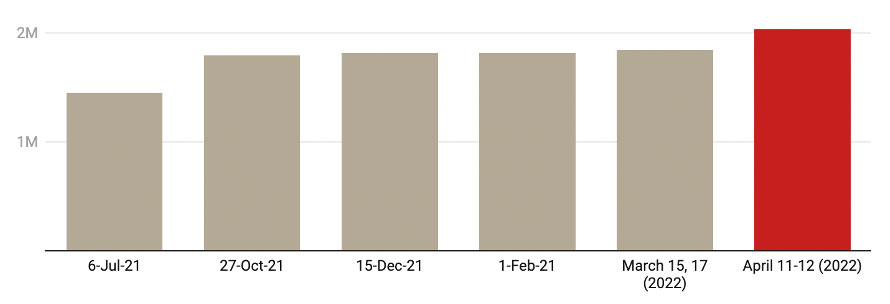
Canada’s immigration backlog is growing. Source: CTV News
Mr El-Assal emphasizes that the "files" in the backlog queue are actually people whose lives are being put on hold, and he calls on Immigration, Refugees, and Citizenship Canada (IRCC) to treat waiting applicants with more respect and better customer service. CTV News has also published a piece describing the tragic circumstances of certain applicants; the article clearly demonstrates the disturbance to the applicants' life.
Among Mr El-Assal’s recommendations for IRCC are that the department:
- Stop taking applications when it knows its processing capacity cannot handle them in order to not raise expectations that it cannot meet;
- Move all its applications and processing systems online;
- Be more transparent and publish regular updates on the state of its backlog to “allow all stakeholders including applicants themselves, employers, post-secondary institutions, and more, to be able to plan accordingly.”
It must be admitted that some of the backlog is due to good intentions. After the Taliban took control of Afghanistan last year, the Canadian government opened a new immigration stream to process Afghan refugees, and it has opened another one this year to assist Ukrainians escaping the Russian invasion of their nation.
Overall, however, there are worries that a sluggish immigration system will have a negative impact on the Canadian economy. “Immigration is far too important to Canada’s prosperity for the system to remain disrupted for much longer,” adds Mr El-Assal.
According to UK Visas & Immigration (UKVI), the backlog is also due to the government's decision to prioritize applications from Ukrainian refugees.
The UK Visas and Immigration Service has prioritized the processing of UK visa applications from Ukrainians escaping the invasion, causing delays for all other UK visa applicants. They write,
“All priority services for entry clearance applications under the work, study, and family routes have been temporarily suspended since mid-March 2022. As a result, the processing times for all overseas UK visa applications are expected to exceed 3 weeks from the appointment date. Many of the Visa Application Centres abroad are advising the applicants of a processing timeframe of 6 weeks.”
And UKVI advises, “all clients and foreign nationals not to make any irreversible plans, such as booking flight tickets, accommodation etc.”
United States
In the US, it has been suggested that visa processing backlogs “are driven in part by a post-pandemic hangover and the immigrant visa bans carried out by the Trump administration …. the State Department is also struggling to recover from staff attrition over recent years.”
Latin American applicants are being particularly affected by the backlog, since only Chile is a “visa waiver” country; visa waivers expedite the processing of inbound travellers. The absence of other Latin American countries on the visa waiver list has contributed to excessive wait times. Bloomberglaw.com reports that “inbound travellers can expect to wait 702 days in Guadalajara, Mexico, 354 days in Sao Paulo, Brazil, and 643 days in Bogota, Colombia, as of this month.”
However, the US government is promising to prioritise student visa processing this summer. On 11 May, Don Heflin, Minister Counselor for Consular Affairs at the US Embassy in New Delhi, told a live audience on Instagram and Facebook that the US “had issued a record 62,000 student visas last year and expected to break that record this year.”
Mr Helflin acknowledged visa processing delays but assured the audience that US visa centres “expect to be at two-thirds of their pre-COVID capacity and hope to reach 100% of this by the end of 2023.”
However, some in the increasingly important student sending country of the Philippines are not optimistic about wait times diminishing anytime soon. The Manila Times reports, “In the April 2022 report of the National Visa Center (NVC), 421,358 are still on the edge of the interview cliff. But the future looks abyssmal.”
The article concludes by informing readers about immigration streams in Canada that might be faster for Filipinos wanting to emigrate. The suggestion underlines just how influential visa processing times are on international worker and student mobility.
Australia
To illustrate the long wait times for international students attempting to get visas for Australia, there is the case of Deepak Chahal, an Indian PhD student at Macquarie University, who told Study International that he has been waiting for a decision on his Subclass500 visa for 15 months. Mr Chahal said,
“I am in great distress and anxiety regarding my visa situation. And it’s not just me; we are approximately 20 PhD students in India (linked through a WhatsApp group) who have been waiting for their visa for one to two years.”
Wait times are variable depending on the applicant, the completeness of applications, and the visa class. The government resource shows that PhD students can wait as long as eight months, ELICOS students 78 days, school-aged students four months, vocational students 12 months, and degree students seven months for a visa decision.
Source: ICEF
